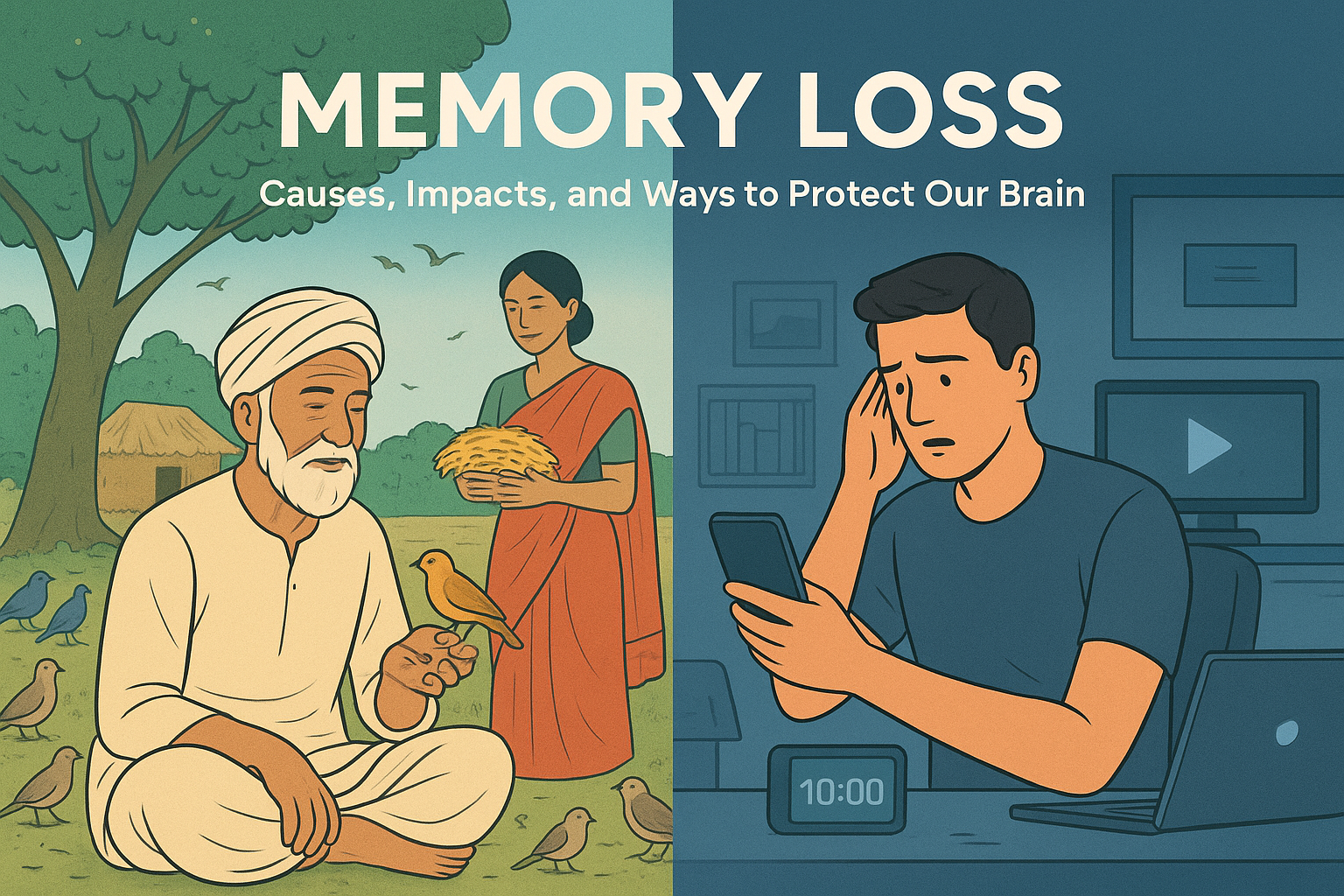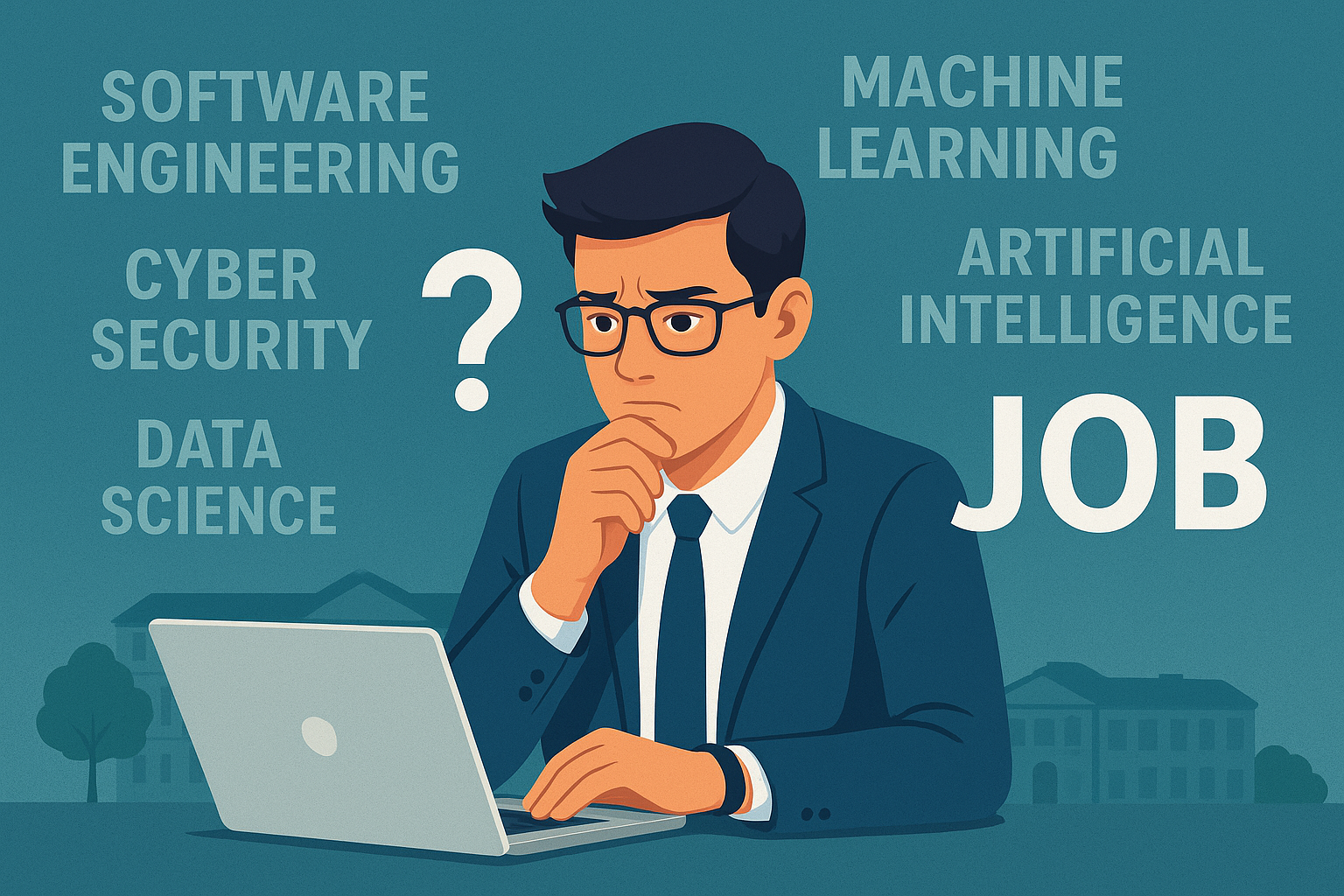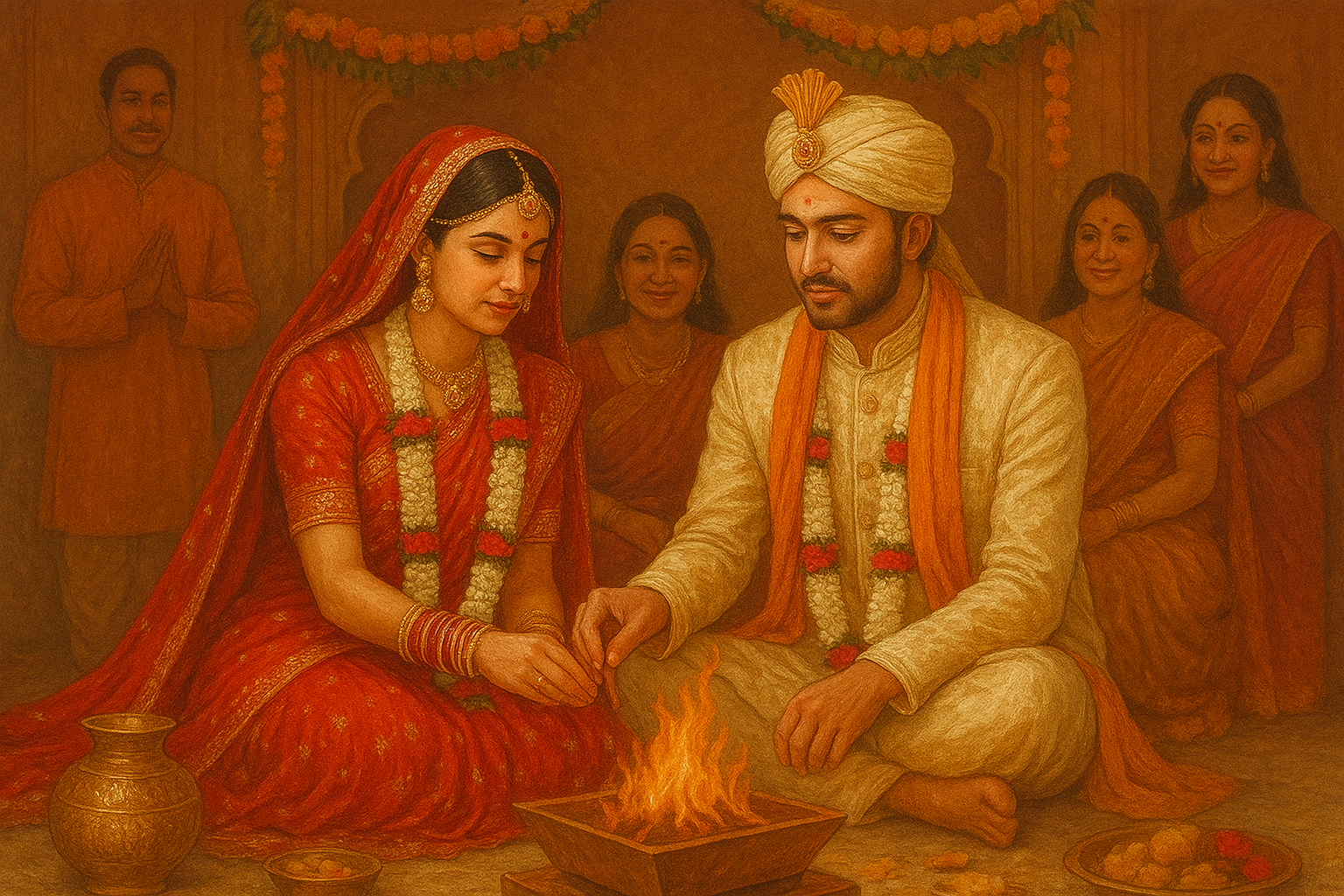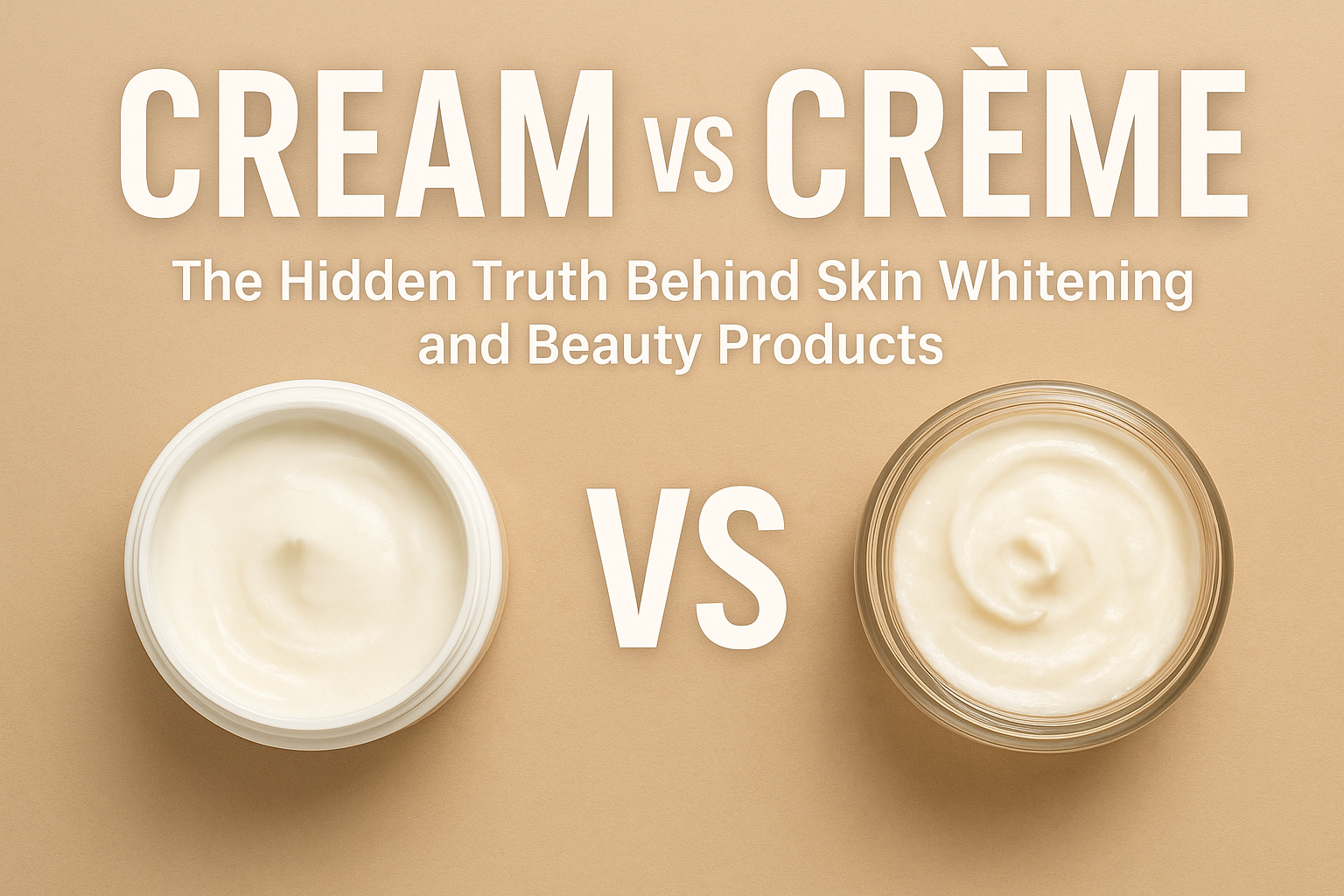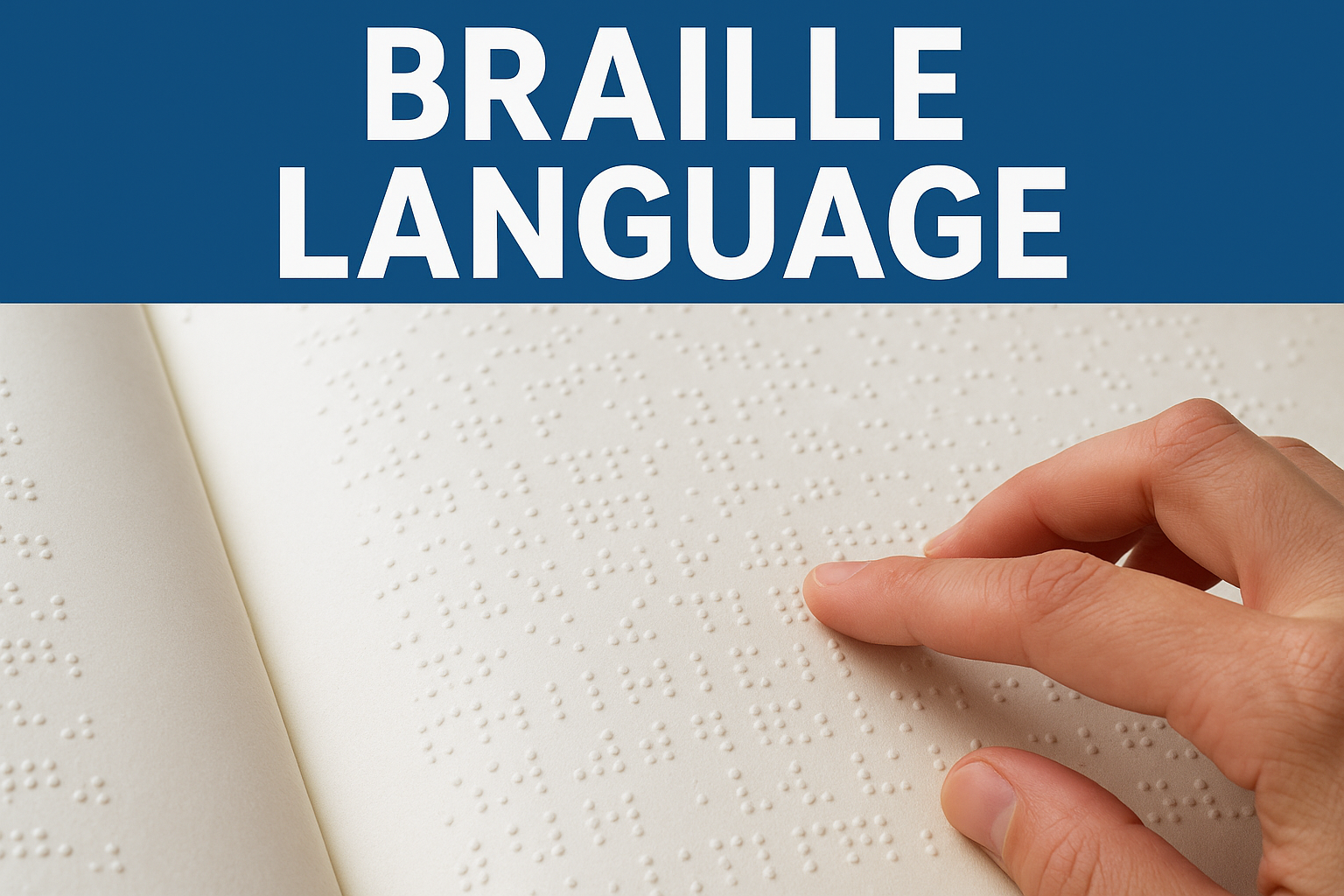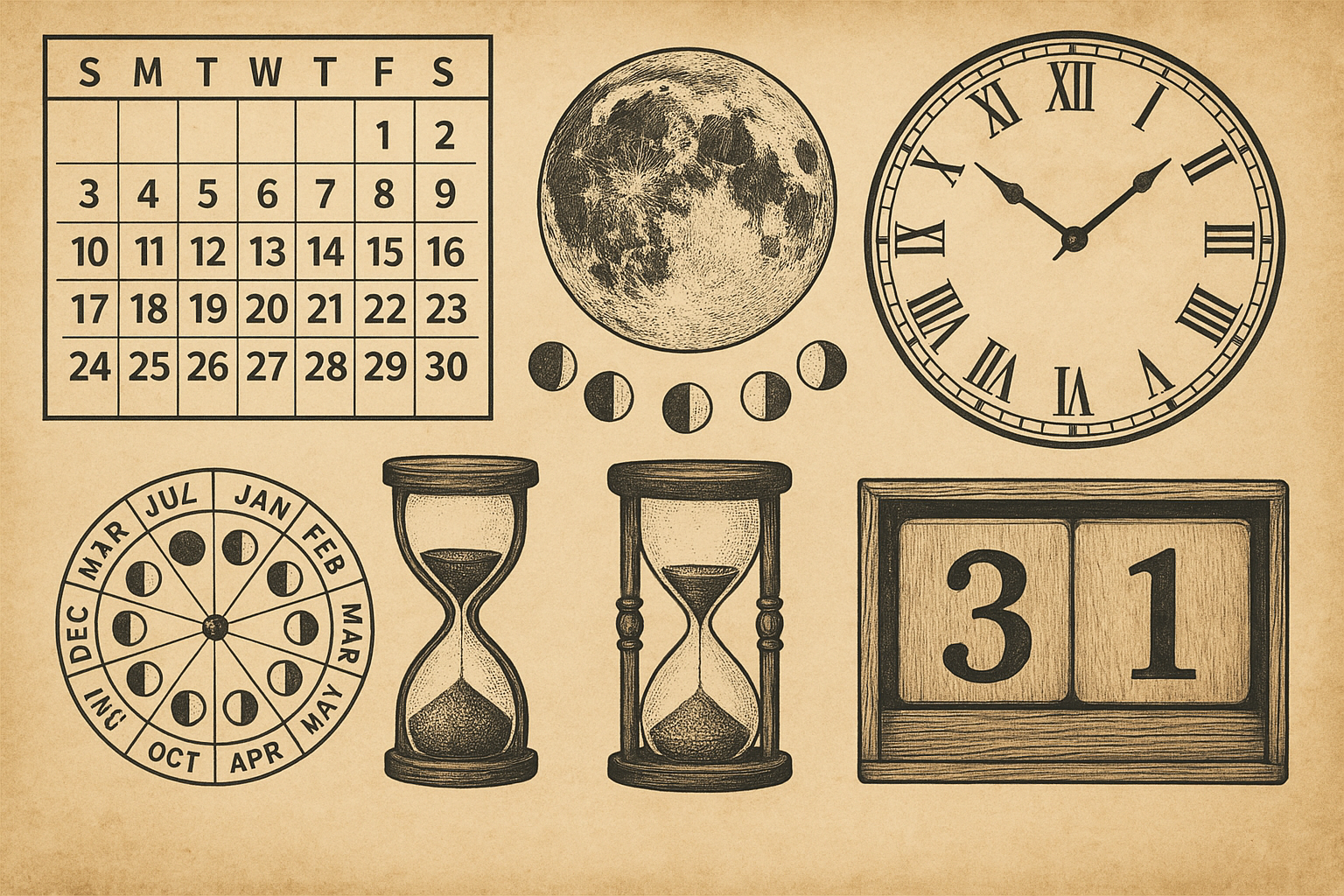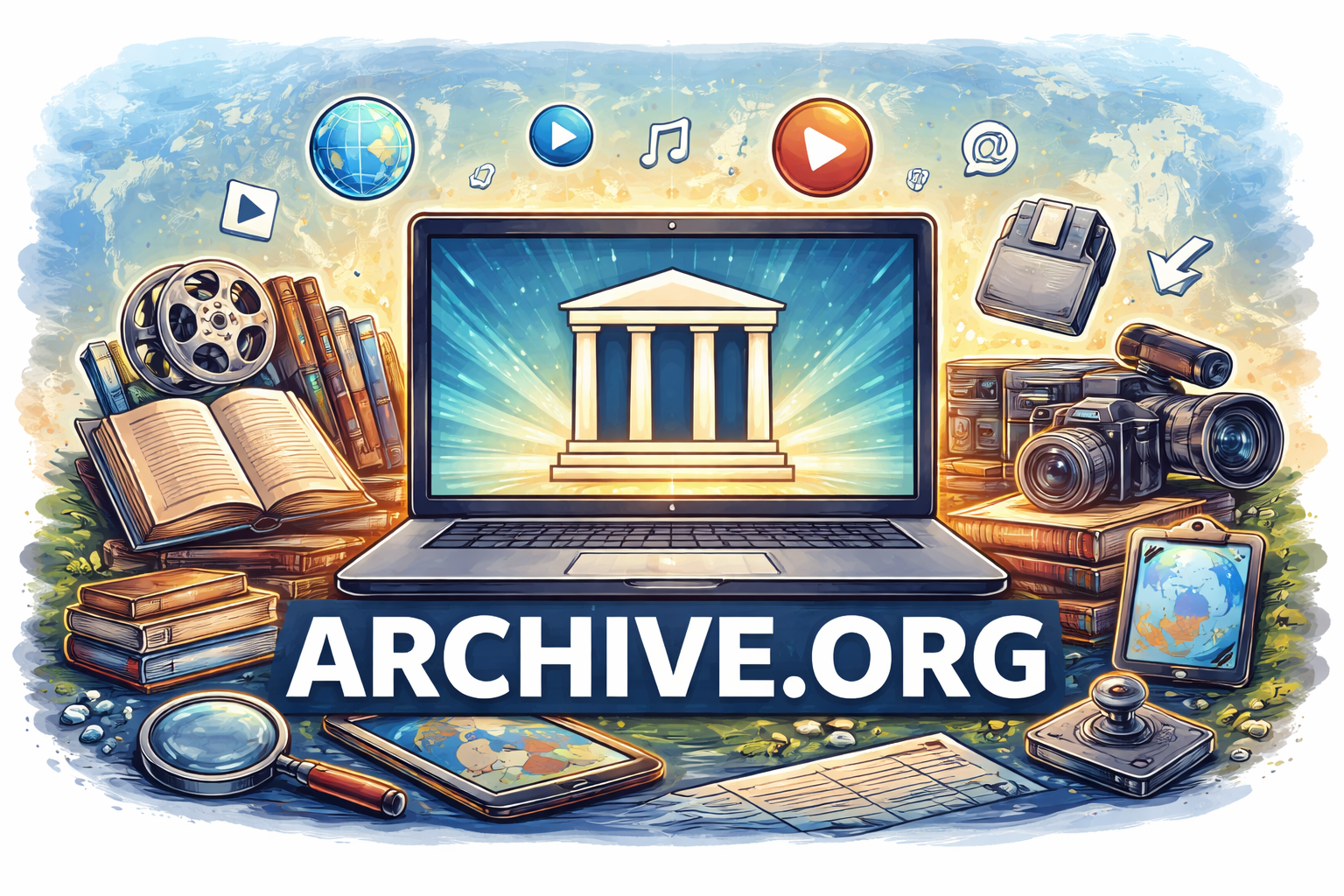Memory is one of the most precious abilities of the human brain. It connects us with our past, shapes our identity, and helps us perform everyday tasks. However, in today’s fast-paced, technology-driven world, memory loss is becoming a common concern. From forgetting simple phone numbers to struggling with focus, people of all age groups are experiencing challenges with memory retention.
But was it always the same? Let us take a journey from the past to the present and understand how lifestyle changes, environment, and technology are influencing our memory.
